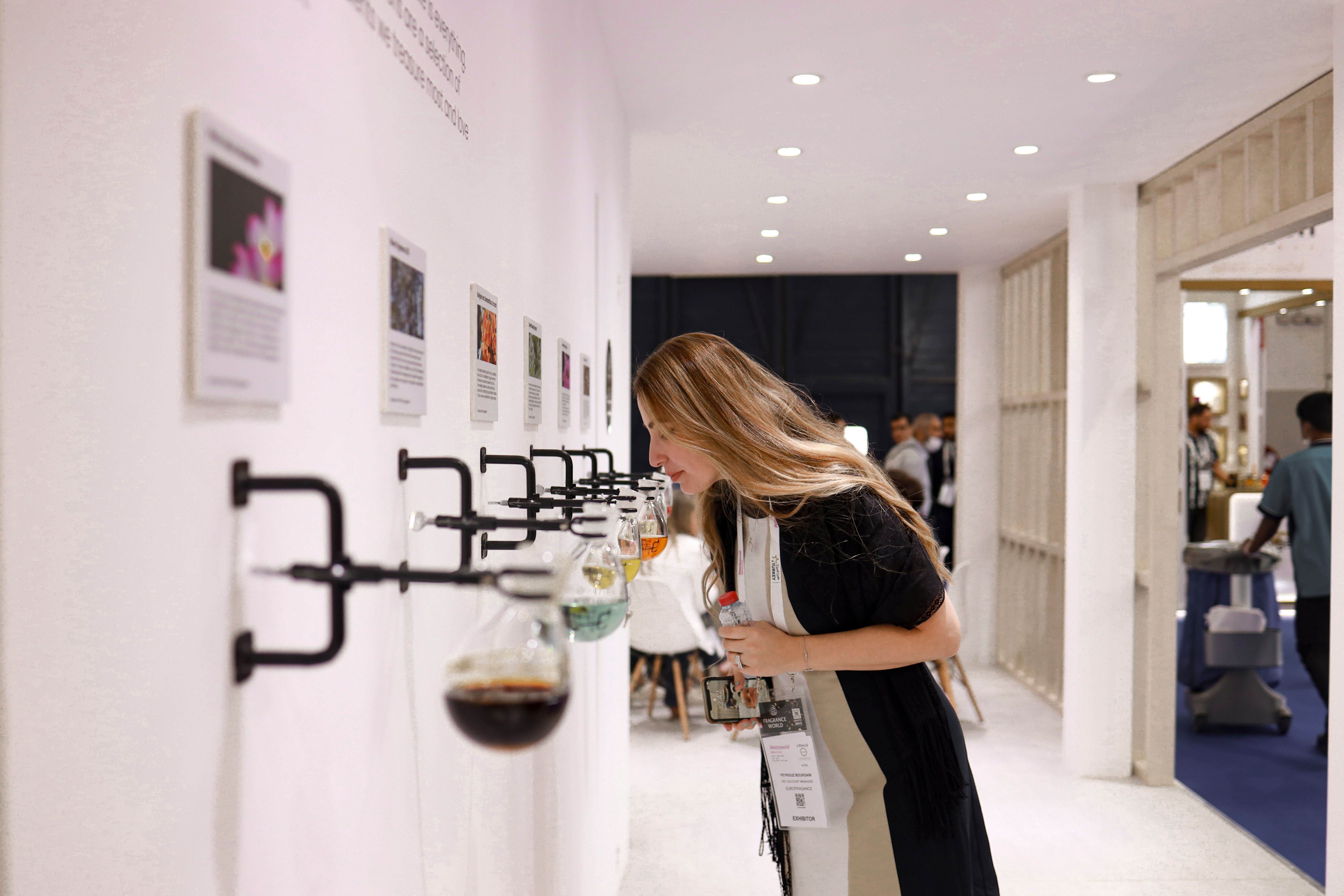In order to generate differential value in cosmetics, it is essential that the values of "sustainability" and "environment" form part of the essence of the brand from start to finish. When we talk about communication in natural cosmetics as a reputational strategy of value, we must not forget the appearance of brands that use some ingredient of natural origin or include within their wide range of products an article formulated with ingredients of this origin.
The concept of Green Beauty to work has to go beyond just publicising what we do in terms of sustainability or the natural characteristics of our product. It must form part of the brand's DNA and integrate and, above all, involve the brand's entire core business and the entire value chain, i.e. the relationship with stakeholders.
The concept is particularly relevant in the industry, as the goal is to merge the company culture with the product, which is perceived very positively by consumers. Now one of the most important tasks of communication departments is to create consistent stories and unique values that represent us and are defended by all team members and are reflected in all actions. It is not an easy task, but it will allow us to succeed if we succeed.
In order to achieve this goal, there are some trends from a communication point of view:
- The concept Green has to be integrated in our corporate purpose. For example, the mark MÁDARA has been recognised as a leading brand in the sustainable cosmetics market thanks to its commitment to using natural and organic ingredients, reducing pollutants and using the precautionary principle in the selection of its ingredients. This approach has resulted in increased consumer confidence in the brand and has allowed MÁDARA to expand globally, demonstrating that sustainability and social responsibility are values that can drive business success. From there, a storytelling is defined to be followed in its production practices, the choice of organic ingredients, its packaging policy, recycling, social actions, as well as its diversity and inclusion policies.
- Putting to the person like centre of the concept Beauty. Respect for nature and the Earth must start with respect for all people involved in the value chain. In this way, the treatment of the professionals who make up the company, suppliers and also users must be monitored. Thus, for example, the TWO POLES brand has a MANIFESTO, which talks about transparency, efficiency and honesty. The founder herself, Anna Fuster, explains her own personal story and how her daughter's sensitive skin reacted to many elements around her. This personalisation of the founders of many brands is also part of a new reality in which we want to see who is behind it and check that they really share the values of the brand. In fact, in the case of Two Poles, personalisation has gone a step further with one of its most special products: Olive & Sweet Almond Oil. This, a priori, is a simple make-up remover oil that actually hides a great story directly linked to its founder Anna Fuster, as it is made with the oil that for 4 generations has been harvested and processed from the olive trees of her 4 grandparents. The emotional connection around the products is very important to communicate them so that the customer feels them and is part of each story that hides each product.
- Involve and educate to all the chain of value, included the customers and the consumers, here have the example of the mark Krave Beauty, which offers ingredients that have been formulated with gentle, skin-friendly ingredients such as centella asiatica and hyaluronic acid. We are struck by the "Wast Me not" campaign, which raises awareness of the real extent of waste. And the CEO herself, again conveying honesty by using her own image, explains what was going on in the company and how they managed to compensate for the waste, making it visible through this video.It starts with a "surprising" acknowledgement of what is happening to them and an awareness that it is not only packaging that is the focus of waste and that in the industry in general many products are wasted due to insufficient quality or for other reasons. This exercise in transparency conveys great credibility to the brand.
- Communicate from the actions, the sustainable commitment in the DNA: one of the marks that revolutionised the sector Beauty with a system of refill from his starts was Equivalenza. TThe brand was created with the aim of providing quality cosmetics at affordable prices and with a clear commitment to sustainability, as a large percentage of its products can be "refilled". In this way, the consumer saves because the refill is cheaper than the product while also reducing the environmental impact of packaging production. This is an example where the actions themselves communicate and convey our values to customers through their involvement in the process.
- Materialise it in the products or services. It is a priority that the Green concept is in the corporate purpose and that products are increasingly advocating sustainability in their ingredients as well as in their packaging. One brand that has surprised recently is Lamixtura Skincare thathas developed Passiflora Beauty Drops, a body oil made from 100% natural ingredients and 99.2% upcycling, meaning that 99% of its ingredients have been creatively reused. In this particular case, these ingredients have come from wasted food, such as passion fruit seeds or avocado oil discarded for commercialisation.
- Ask the collaboration of the users for different actions. TThanks to our own media such as the web and social networks, it is becoming increasingly common to ask for the collaboration of users, whether for the development of products - asking for opinions - or in the participation in recycling and social action campaigns. For example, the Innisfree brand has its own recycling programme in collaboration with TerraCycle.
- Preparation of actions experienciales with the users. For the fair In-Cosmetics, Eurofragance prepared a unique experience for the visitors. In collaboration with renowned Michelin-starred chef Joel Castanyé, an exquisite menu was created to captivate the senses of all those present. The menu consisted of twelve dishes accompanied by different fragrances inspired by Joel Castanyé's dishes and created by Eurofragance's perfumers. The brand's stand was transformed into an attractive and magical space. The walls, built with reused and natural materials, created a unique atmosphere of connection with nature. In the centre, a large common table divided into thematic sections invited visitors to explore and discover new experiences. The Eurofragance exhibition included a demonstration of its innovative odour counteracting technologies. Through the "show and smell" experience, where visitors sniffed a bad smell and then applied the product on it, demonstrating how the product works live. In addition, attendees had the opportunity to attend a technical seminar led by Eurofragance scientist Marco Lombardi. A highlight of the stand was the ICON sensory wall, where five ingredients from the extensive Eurofragance palette were on display. These ingredients, presented both as raw materials and in fragrance creations, reflected Eurofragance's strategy for an enhanced and sustainable palette.
Clearly, this journey analysing a small sample of the sector has allowed us to expose and review some examples in the cosmetics industry in which we can see how the storydoing and the value proposition of the brands come to a real level and materialise in actions, strategies or products that do directly affect their consumers.
We can foresee that this is just the beginning of a Green Beauty trend that will undoubtedly flood brands to act in favour of sustainability and that it will truly become part of the core business of companies.


